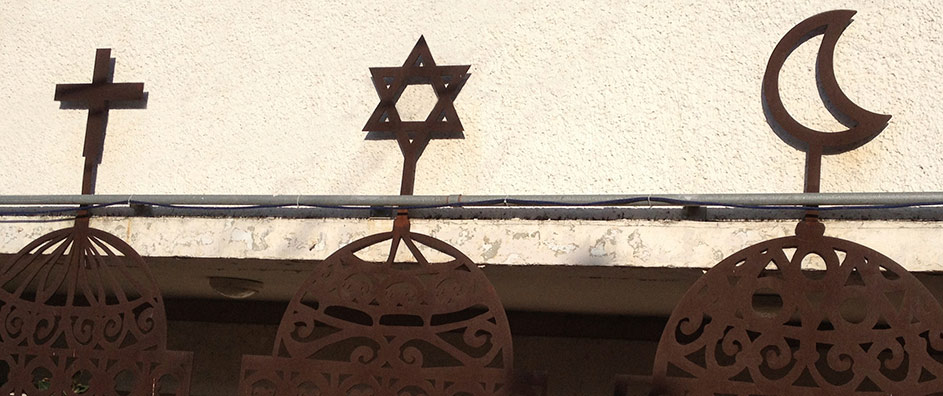Organized religion has long played a role in politics, influencing everything from election outcomes to public policy decisions. However, this intersection can be both complex and controversial, as religious beliefs can often be at odds with political ideologies. In this article, we will explore the intersection of politics and organized religion, and consider how these two spheres of influence can both complement and conflict with one another.
One of the primary ways in which organized religion intersects with politics is through the influence of religious beliefs on political ideologies. Many people base their political beliefs on their religious convictions, and may use religious texts or doctrines as a framework for understanding political issues. This can lead to a sense of moral conviction and purpose, but can also perpetuate intolerance and exclusivity.
Another way in which politics and organized religion intersect is through the incorporation of political issues into religious doctrine. Religious institutions may take a stance on issues like abortion, same-sex marriage, or climate change, weaving these issues into their religious teachings and practices. This can be a powerful tool for mobilizing followers around a particular cause, but can also be divisive and exclusionary.
It is worth noting that the intersection of politics and organized religion can also have unintended consequences. In some cases, religious institutions may become politicized, leading to a blurring of the lines between religion and politics. This can lead to a sense of divisiveness and conflict, as well as a loss of focus on the spiritual and ethical aspects of faith.
In conclusion, the intersection of politics and organized religion is complex and multifaceted. While religious beliefs can influence political ideologies and political issues can become intertwined with religious doctrine, it is important to recognize the potential pitfalls and unintended consequences of this intersection. By maintaining a sense of critical reflection and open dialogue, we can work towards creating a more inclusive and ethical political and religious culture.
Works Cited:
Haynes, Jeffrey. "The Battle for Religious Liberty in America." University Press of Kansas, 2012.
Lipset, Seymour Martin, and Earl Raab. "The Politics of Unreason: Right-Wing Extremism in America, 1790-1970." HarperCollins, 1970.








